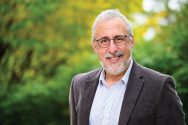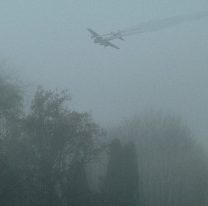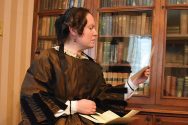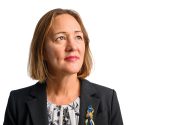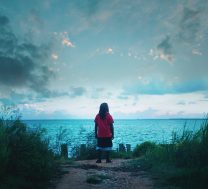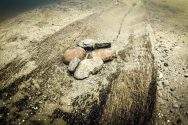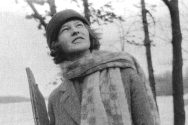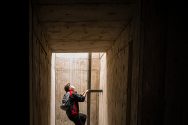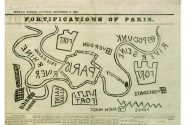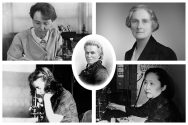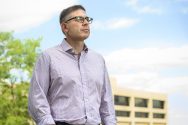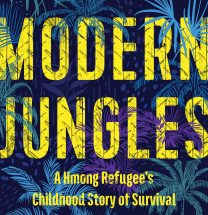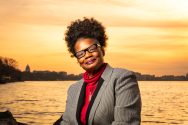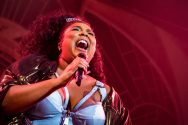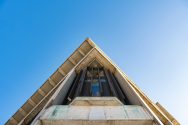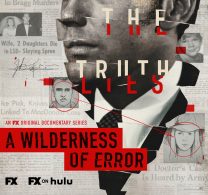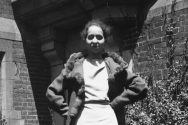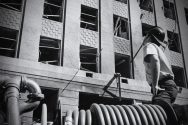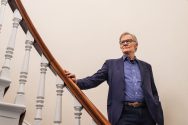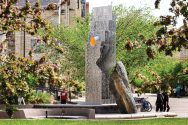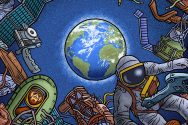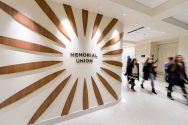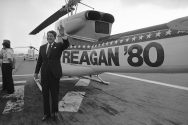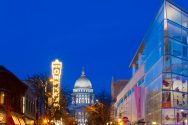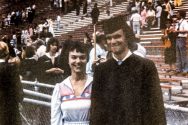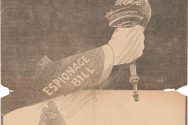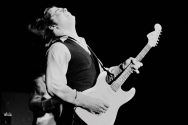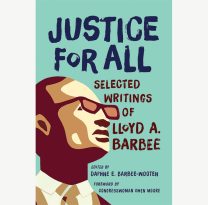UW professor Howard Schweber discusses the majority’s approach to rights.
history
63 stories. Showing page 1 of 3.
In Tailspin, John Armbruster ’89 takes inspiration from an aviator who survived a World War II crash.
Laura Keyes ’07 impersonates famous 19th century women.
Political science professor Yoshiko Herrera believes Ukrainians’ resolve for statehood will prevail.
In Descendant, Kern Jackson MA’91 documents the discovery of the last illegal slave ship and the people who never forgot it.
A canoe recovered from Lake Mendota tells a story that long predates UW–Madison.
Mildred Fish Harnack ’25, MA’26 lost her life in the German resistance to Hitler.
Our journey into hidden places brings forgotten UW history to life.
Join us on a tour of secluded spots that few have ever seen.
The UW’s History of Cartography Project shows how world cultures have thought about space.
Margaret Rossiter MS’67 is rewriting the history of women in science, one name at a time.
UW professor Jeremy Stoddard MS’01, PhD’96 discovers shortcomings in schools’ approach to the war on terror.
Pao Lor PhD’01 chronicles his American journey in Modern Jungles: A Hmong Refugee’s Childhood Story of Survival.
In a pandemic, illustrating our spring issue was no easy task.
These campus-area shows have passed into UW–Madison mythology.
From the start, problems plagued a piece of architecture that could have been great.
In A Wilderness of Error, Errol Morris ’69 revisits a notorious murder case.
Librarian Louise Butler Walker ’35 took desperate measures to survive in a racist society.
Our article on the Sterling Hall bombing is a unique contribution to the historical record.
A 50-year perspective on the Sterling Hall bombing from alumni who lived through it.
His acclaimed biography profiles the great American abolitionist.
It’s getting mighty crowded in space as debris from satellites, labs, and other things shot into Earth’s orbit degrade over time and threaten to fall back to where they came from.
Bryce Richter
Between 1919 and 1926, two UW student organizations took the name Ku Klux Klan, and a report delving into that era of campus history “does not make for comfortable reading, nor should it,” says Chancellor Rebecca Blank.
In the wake of a white nationalist…
A history course tackles the 1970s–90s through a generational lens.
Been awhile since you've visited the UW's hometown? Consider an itinerary made up of beautiful views, a raft of restaurants, and a less-traveled path on campus.
Photo courtesy of Naomi Halverson
“We must always remember that we — the people of this nation — should and can be ‘the powers that be,’ ” said Paul Rusk ’77, MA’91 (pictured here with his mother) in a speech during UW–Madison’s 1977 spring commencement. Rusk,…
John Becker LLB1890 lost his career in public service when his words were deemed a crime.
Steve Miller x’65 reflects on how his time on campus, being an English major, and growing up with a famous godfather affected his music career.
The influence of Lloyd Barbee LLB’56, a civil rights leader and lawyer in the 1960s and ’70s, lives on through Justice for All: Selected Writings of Lloyd A. Barbee, which was edited by Barbee’s daughter and civil rights lawyer Daphne Barbee-Wooten ’75. The book includes a foreword…
